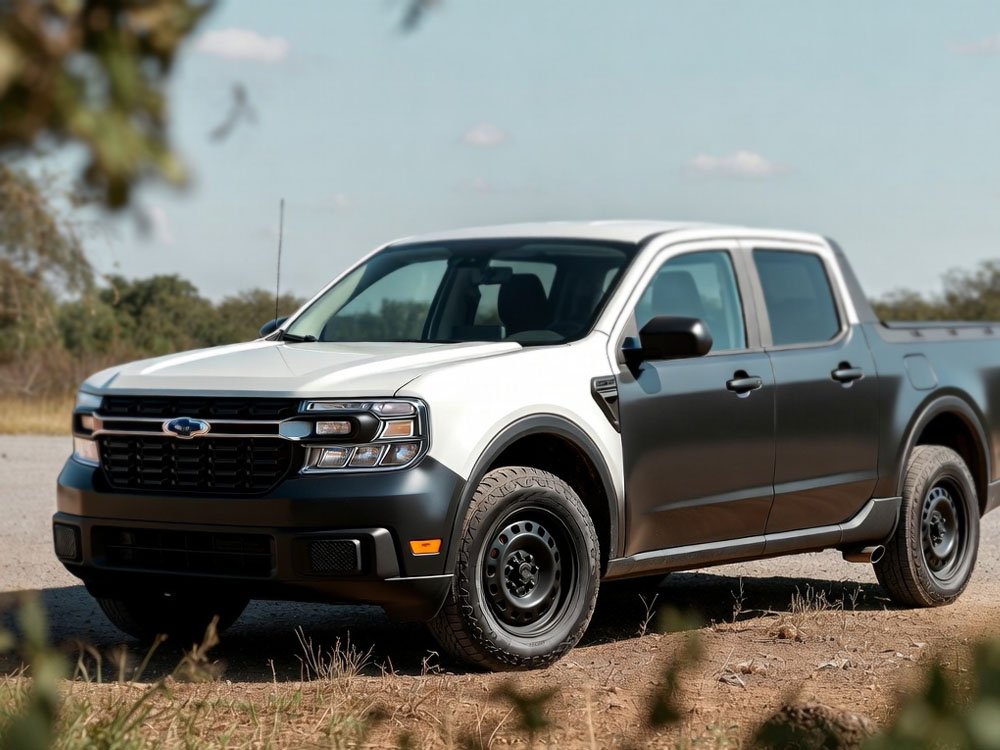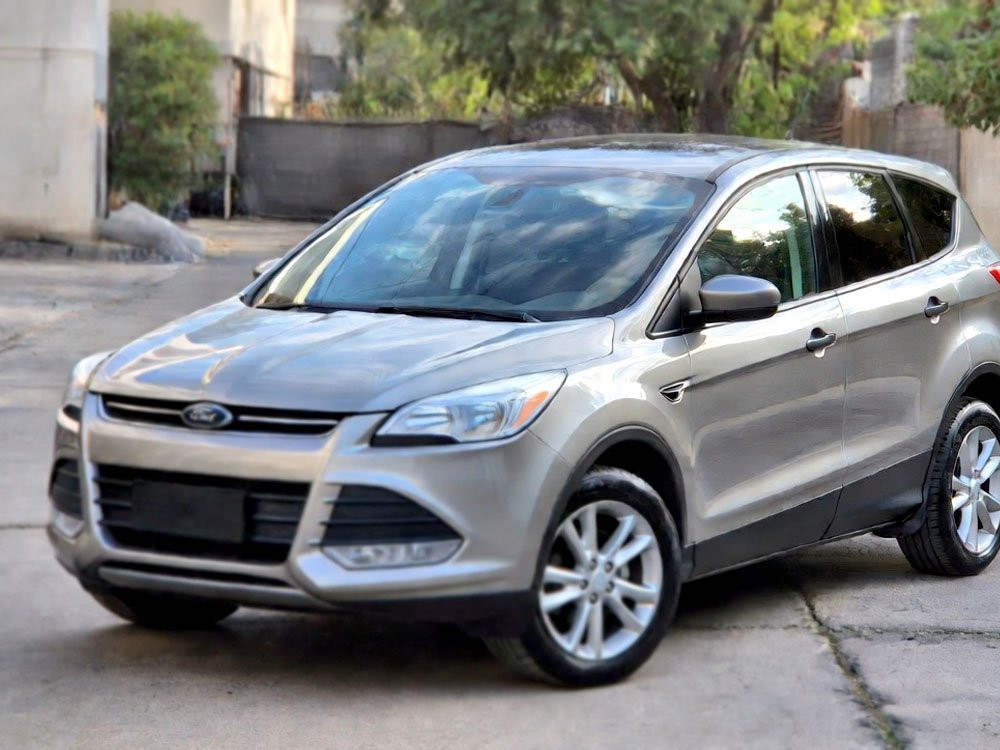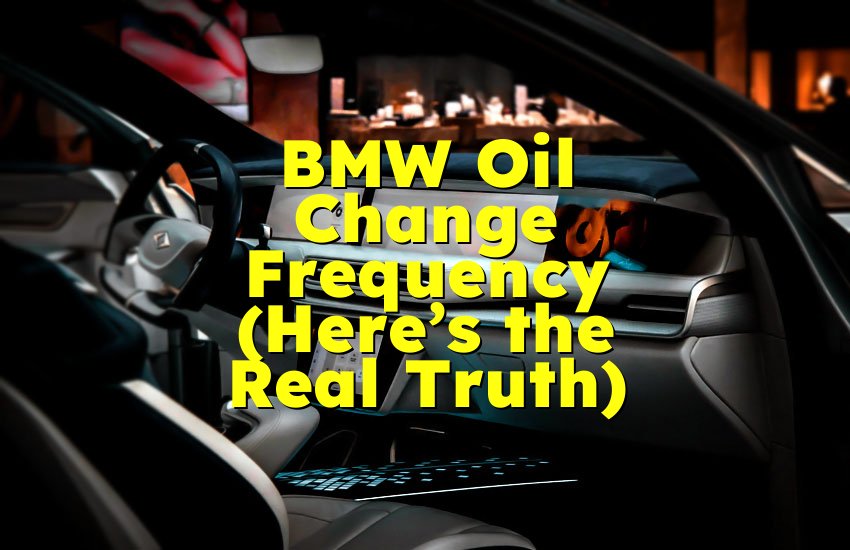As an Amazon Associate, I earn from qualifying purchases at no extra cost to you.
Car Stalls After Getting Gas: Troubleshooting Tips & Solutions
Car stalls after getting gas may indicate a problem with the fuel system or a faulty vapor canister purge valve. This issue can be caused by a fuel pump malfunction or a clogged fuel filter.
When refueling, the fuel tank can become pressurized or release excess vapors, leading to stalling. It is important to have the vehicle inspected by a mechanic to diagnose and address the underlying issue to prevent further problems. Additionally, checking for any error codes using a diagnostic scanner can provide valuable insights into the specific cause of the stalling issue.
Maintaining a proper fuel system can help ensure smooth operation and prevent inconvenient breakdowns.
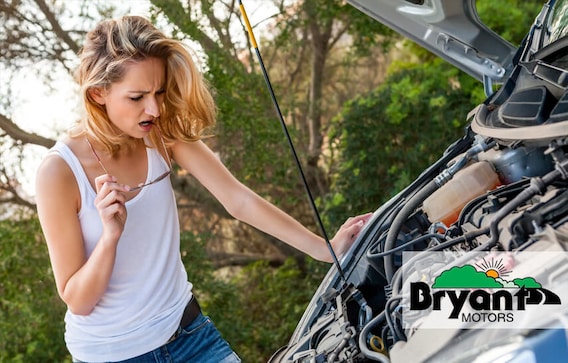
Credit: www.wkcdjrsedalia.com
Common Causes Of Car Stalling After Getting Gas
When your car stalls after refueling, it can be frustrating and concerning. Let’s explore some of the common reasons behind this issue:
Fuel System Issues
- Inadequate fuel pressure can cause stalling
- Clogged fuel filter may lead to engine shutdown
- Malfunctioning fuel pump can disrupt fuel flow
Air Intake Problems
- Air intake leaks can affect engine performance
- Dirty or faulty air filter restricts airflow
- Vacuum leaks can disrupt the air-fuel ratio
Electrical Malfunctions
- Faulty ignition system can lead to stalling
- Issues with sensors can cause engine shutdown
- Problematic wiring can disrupt communication between components
Vapor Canister Failure
- Defective vapor canister can cause stalling after refueling
- Issues with evaporative emissions system may lead to engine shutdown
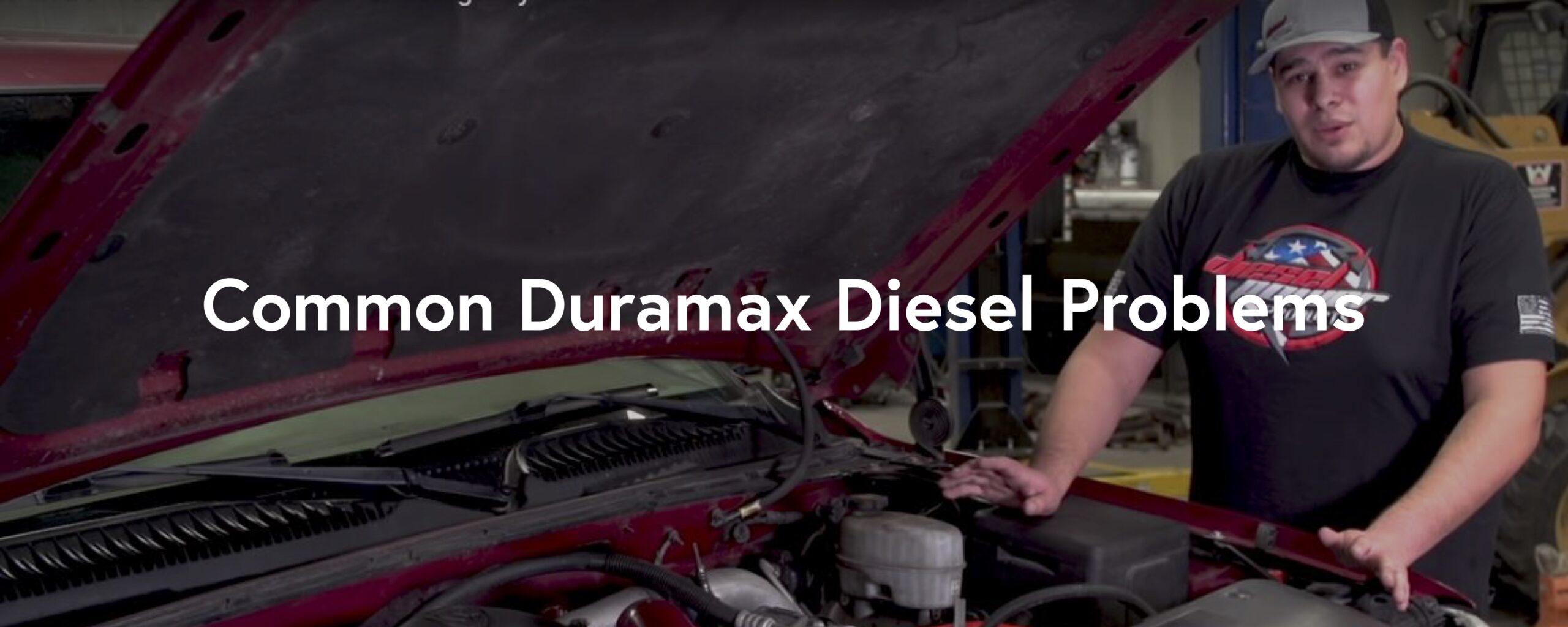
Credit: www.dieselpowerproducts.com
Signs And Symptoms Of A Stalling Car After Refueling
When your car stalls after getting gas, it can be a frustrating and concerning experience. Recognizing the signs and symptoms of a stalling car after refueling can help you identify and address potential issues before they escalate.
Engine Hesitation
Engine hesitation is a common sign of a potential problem after refueling. If you notice that your car is not accelerating smoothly and there is a delay in response after refilling your tank, it could indicate an issue with the fuel system.
Difficulty Starting The Engine
Experiencing difficulty starting the engine immediately after refueling could be a red flag. If your car struggles to start or takes longer than usual to turn over, it may signal a problem with the fuel delivery or ignition system.
Rough Idle
A rough idle – when your car’s engine runs unevenly or vibrates excessively while idling after refueling – could indicate a potential issue. This symptom may suggest a problem with fuel injectors or the air intake system.
Sudden Loss Of Power
Experiencing a sudden loss of power after refueling, especially during acceleration or while driving uphill, can be a cause for concern. This symptom may point to fuel pump or fuel filter issues that are affecting the engine’s performance.
Check Engine Light
If the check engine light illuminates shortly after refueling, it is crucial not to ignore it. The light serves as a warning that the car’s onboard diagnostic system has detected a potential issue, and it is essential to have it addressed promptly to prevent further damage.
Steps To Take Immediately After Stalling
A car stalling after getting gas can be a frustrating and concerning experience, especially if it happens unexpectedly. However, there are specific steps you can take immediately after stalling to address the issue and ensure your safety on the road. By following the proper procedures, you can effectively troubleshoot the problem and get back on the road without further complications. Here are the key steps to take immediately after stalling to address the issue and ensure a safe and efficient resolution.
Ensure Safety
Upon stalling after getting gas, it’s essential to prioritize safety. If the vehicle stalls at a gas station, immediately turn on your hazard lights to alert other drivers, and carefully steer the vehicle to a safe location if possible. Avoid any sudden maneuvers, and assess your surroundings for any potential hazards before proceeding with the next steps.
Check Fuel Level
One of the first things to address after stalling is to verify the fuel level in the vehicle. Check the fuel gauge to ensure that the tank is adequately filled. In some cases, a low fuel level or an incorrect delivery of the fuel may lead to stalling after getting gas. If the fuel level appears to be sufficient, proceed with further troubleshooting steps to identify potential issues.
Inspect Engine For Visible Problems
After ensuring safety and confirming the fuel level, it’s crucial to inspect the engine for any visible problems that may have caused the stalling. Open the hood and visually inspect the engine components for any signs of damage, loose connections, or leaks. Pay attention to the fuel system, ignition system, and associated components. This visual inspection can provide valuable insights into potential issues that led to the stalling after getting gas.
Credit: medium.com
Troubleshooting Tips For Car Stalling After Filling Up
Experiencing car stalling issues right after filling up with gas can be frustrating. Below are some troubleshooting tips to help you identify and address the underlying causes.
1. Check For Fuel Contamination
- Inspect fuel for impurities.
- Drain and refill tank if contaminated.
2. Clean Or Replace Fuel Filters
- Check and clean filters.
- If clogged, replace with new ones.
3. Inspect And Clean Mass Airflow Sensor
- Locate and clean sensor carefully.
- Ensure proper functioning for airflow measurement.
4. Check For Fuel Line Obstruction
- Inspect fuel lines for blockages.
- Clear obstructions for smooth fuel flow.
5. Test The Fuel Pump
- Conduct fuel pump pressure test.
- Replace if pressure is below optimal level.
6. Inspect And Clean The Throttle Body
- Remove throttle body and clean deposits.
- Ensure smooth functioning for proper air intake.
7. Check/replace The Fuel Pressure Regulator
- Examine regulator for malfunctions.
- Replace if necessary to maintain correct pressure.
8. Inspect And Clean The Fuel Injectors
- Check injectors for clogs or dirt.
- Clean or replace dysfunctional injectors.
Other Possible Solutions To Fix Car Stalling
Experiencing car stalls after getting gas can be frustrating and inconvenient. However, there are several other possible solutions that you can try to fix this issue. By following these steps and making a few adjustments to your fueling technique, you can potentially avoid car stalling altogether.
Ensure Proper Fueling Technique
Using the correct fueling technique is crucial to prevent car stalls after getting gas. Here are some essential tips to keep in mind:
- Make sure your car is parked correctly before fueling.
- Turn off the engine and remove the keys from the ignition.
- Open the fuel cap and insert the nozzle firmly but gently into the fuel tank.
- Do not squeeze the trigger rapidly; instead, pump fuel at a moderate pace.
- When you’re finished, slowly remove the nozzle and securely replace the fuel cap.
Use High-quality Fuel
The type of fuel you use can significantly impact your car’s performance. It’s important to choose high-quality fuel, as lower-grade options may contain impurities that can potentially cause engine issues. When selecting fuel for your car:
- Consider using premium or top-tier gasoline, as these options typically have higher detergent levels.
- Avoid purchasing fuel from unreliable or unknown gas stations.
- Opt for well-known brands that prioritize quality and adhere to industry standards.
Avoid Overfilling The Gas Tank
Overfilling the gas tank can lead to various problems, including car stalling. To prevent this:
- Do not continue to fill the tank once the nozzle automatically stops.
- Leave some space for fuel expansion, especially in warmer weather.
- Regularly check your car’s fuel gauge to gauge fuel levels accurately.
Seek Professional Help
If you have tried these solutions and are still experiencing car stalling after getting gas, it is advisable to seek professional help. An automotive technician can diagnose the underlying issue and provide the necessary repairs or maintenance to
Preventive Measures To Avoid Car Stalling After Fill-up
Experiencing a car stall after getting gas can be both frustrating and inconvenient. However, there are preventive measures you can take to avoid this issue. By following these simple steps, you can ensure a smooth and hassle-free ride after filling up your tank.
Maintain Regular Vehicle Servicing
Regular vehicle servicing is crucial in preventing car stalling after getting gas. Keeping up with routine maintenance services, such as oil changes, air filter replacements, and spark plug inspections, helps to maintain a well-functioning engine. Additionally, servicing your car allows mechanics to identify and address any potential issues that may lead to stalling problems. Remember, prevention is key when it comes to avoiding car stalling after filling up your gas tank.
Keep Fuel System Clean
A clean fuel system is essential for the proper operation of your vehicle. Over time, dirt, debris, and other contaminants can accumulate in the fuel lines, filters, and injectors, causing disruptions in fuel flow and leading to car stalling. Regularly cleaning the fuel system and using quality fuel additives can help remove these deposits and maintain optimal performance. Consider using fuel system cleaners recommended by your vehicle’s manufacturer to keep your fuel system clean and prevent stalling.
Avoid Running On Low Fuel
Running on low fuel not only increases the risk of getting stranded but can also contribute to car stalling after filling up. When the fuel level is low, sediment and debris at the bottom of the tank may get stirred up and enter the fuel system. This can clog filters and injectors, leading to stalling issues. Avoid this problem by maintaining a sufficient fuel level and refilling before the gauge reaches the low mark. It’s always better to be safe than sorry when it comes to preventing car stalling.
Follow Proper Fueling Procedures
Following proper fueling procedures is vital to prevent car stalling after fill-up. When refilling your vehicle, make sure to turn off the engine and avoid leaving the ignition on. Also, avoid overfilling the fuel tank as it can cause the fuel to enter the vapor recovery system, leading to stalling and performance issues. Additionally, ensure the fuel cap is tightly closed after refueling to maintain proper pressure and prevent contamination. These simple fueling practices can go a long way in preventing car stalling and keeping your vehicle running smoothly.
When To Seek Professional Assistance
If your car continues to stall after getting gas, certain signs indicate the need for expert help. Pay attention to the following indicators before attempting any further troubleshooting.
Persistent Stalling Issues
If stalling persists despite various efforts, it might hint at an underlying complex problem best handled by a professional auto mechanic.
Recurring Check Engine Light
A recurring check engine light following gas fill-ups could point to serious issues, necessitating specialized knowledge to diagnose and fix.
Unsuccessful Troubleshooting Attempts
Repeatedly trying to troubleshoot without success may signify a need for professional assistance to avoid causing further damage.
Conclusion
Addressing the issue of a car stalling after filling up with gas is crucial for maintaining a smooth driving experience. By following the troubleshooting tips and seeking professional help if needed, you can effectively resolve this common problem and get back on the road with confidence.
Don’t hesitate to address potential fuel system issues promptly.




